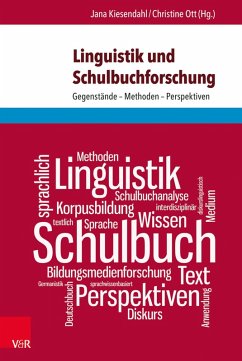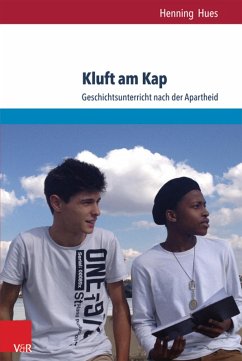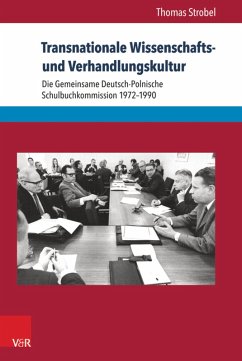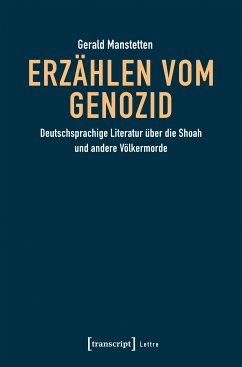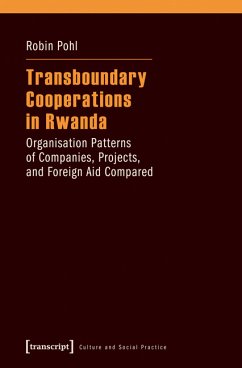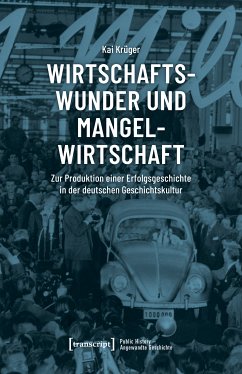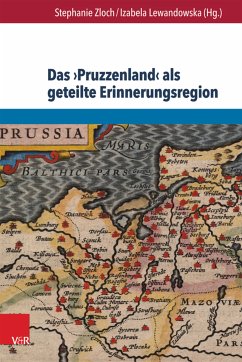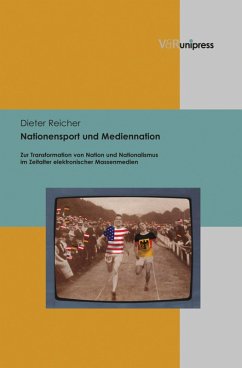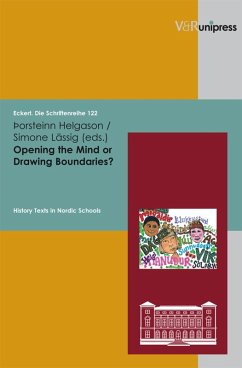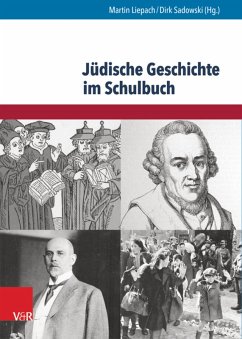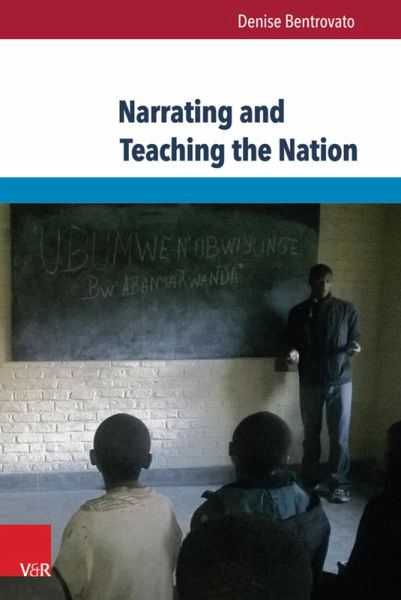
Narrating and Teaching the Nation (eBook, PDF)
The Politics of Education in Pre- and Post-Genocide Rwanda

PAYBACK Punkte
0 °P sammeln!
The book investigates the politics of education in pre- and post-genocide Rwanda, examining the actors, interests, and discourses that have historically influenced educational policy and practice and in particular the production and revision of history curricula and textbooks.This study combines a systematic historical and comparative analysis of curricula and textbooks in Rwanda, stakeholder interviews, classroom observations, and a large-scale investigation of pupils' understandings of the country's history. Written at a crucial time of transition in Rwanda, it illuminates the role of educat...
The book investigates the politics of education in pre- and post-genocide Rwanda, examining the actors, interests, and discourses that have historically influenced educational policy and practice and in particular the production and revision of history curricula and textbooks.This study combines a systematic historical and comparative analysis of curricula and textbooks in Rwanda, stakeholder interviews, classroom observations, and a large-scale investigation of pupils' understandings of the country's history. Written at a crucial time of transition in Rwanda, it illuminates the role of education as a powerful means of socialisation through which dominant discourses and related belief systems have been transmitted to the younger generations, thus moulding the nation. It outlines emergent challenges and possibilities, urging a move away from the use of history teaching to disseminate a conveniently selective official history towards practices that promote critical thinking and reflect the heterogeneity characteristic of Rwanda's post-genocide society.
Dieser Download kann aus rechtlichen Gründen nur mit Rechnungsadresse in A, B, BG, CY, CZ, D, DK, EW, E, FIN, F, GR, H, IRL, I, LT, L, LR, M, NL, PL, P, R, S, SLO, SK ausgeliefert werden.




